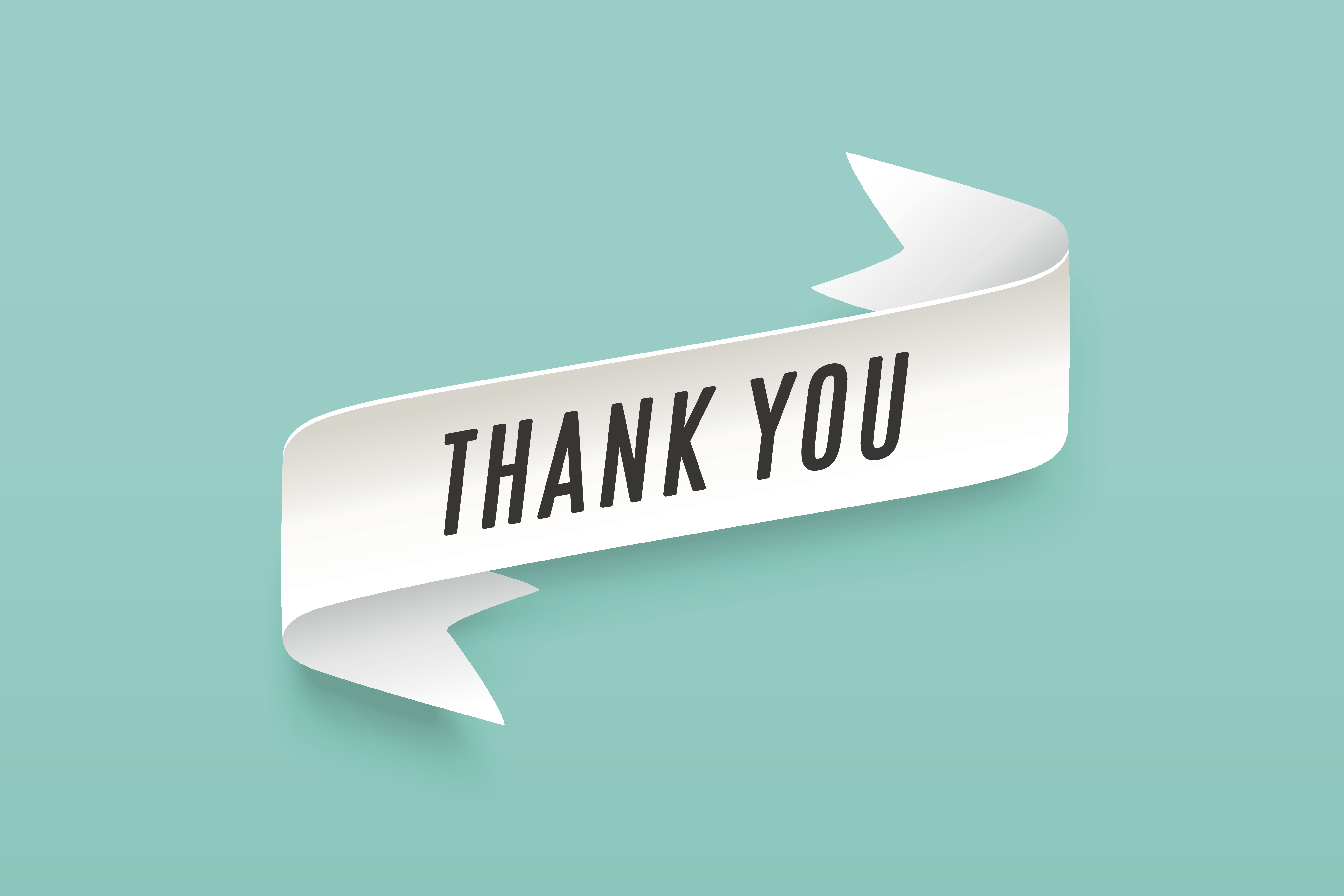If you’ve impacted me in a positive way, there’s a good chance I’ve sent you a thank you note. Given how sensitive and deeply moved by things like social generosity I am, my love for the out-of-the-blue thank you is unsurprising. Why wouldn’t I want to acknowledge that thing you did that made me feel validated or seen? I like to think that the recipients of said notes end up feeling the same way about themselves, and according to a study recently published in the journal Psychological Science, they typically do. In fact, the study goes on to say that most people who send an appreciative note undervalue the positive effect it will have on the person they’re sending it to, as if it wouldn’t be that big of a deal.
In my experience, an unexpected note of appreciation feels like a big deal. When I receive an acknowledgment that’s precise and genuine, I wind up feeling giddy. The feeling is intensified in the workplace, where it can be easy to fall into a vortex of purposelessness, and a note of recognition (though we shouldn’t need external validation) can be a much-needed affirmation that reminds you why you and your work matter. And when I get a note like this, I respond because I sincerely want to. But the etiquette around the response is murky and has left me pondering the question: Do you owe someone a thank you… for their thank you note ?
I’d argue that it depends. I’m not sure it’s necessary to acknowledge thank you’s of the societal norm variety, like those sent for bat mitzvah or wedding gifts. But I think that the kind of thank you’s that are earnest and take you by surprise, like when someone says you made them feel included at a time their self-esteem was low, or when a less-experienced coworker says your actions made them feel valued — those should earn a response.
At a previous job, I once sent a thank you email to an employee who was very senior to me. I pored over the email, the way you do when you’re sending something to a superior — I deleted phrases that may have seemed desperate, only to retype them, determining they were thoughtful — and when I pressed send, I felt a small thrill, looking across the room to where he sat to see how he’d react. I was met with nothing. And then when I didn’t get a response, even days later, my instinct was to try and decode what it meant. Was it inappropriate for me to send? Did I use the word “ingenuity” incorrectly? (Turns out, the study found that recipients didn’t care how the messages were phrased.) Or, was it less about me, and was this person so self-involved, or maybe just busy, that moments of gratitude were lost on them? Still, I took a risk when I sent the message, and felt confused — embarrassed even — when I didn’t get one in return.
While I’m not suggesting that we’re beholden to every person who sends thanks our way, I do think it’s important to take a moment, even just a brief one, to acknowledge their gratitude. The thank you note itself is an act of joy and is something we probably want to permeate our lives and our work cultures. So next time you’re on the receiving end of that kindness, take a moment to perpetuate the cycle of joy by letting the other person know how their note made you feel.


